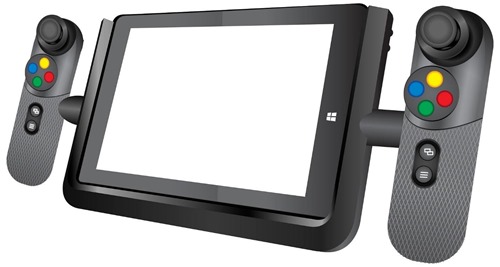Educators and learners have begun to explore the opportunities offered by technology, and that has sparked a significant debate on whether we should abandon the traditional education system. Perhaps, it is also time that we should consider the possible detrimental effects of disrupting conventional learning models.
Researchers have done tremendous work to show that students absorb more from books rather than screens to prove why tech-free or low-tech schools are emerging. The researchers believe human interaction is a superior means of transferring knowledge compared to the use of video games or screens. Nevertheless, the recent trend in tech innovation in the educational field has validated its purpose by creating a remarkable learning experience than its counterpart.
Notably, a recent poll revealed that 75% of the educators believed digital textbooks would replace physical books by 2026. Perhaps, what will trouble educators is selecting what type of tech innovations to use for teaching. Currently, teachers have deployed Virtual Technology (VT) in the school besides EdTech, which is another innovation arising in the field of education.
Another exciting idea yet in the experimentation stage is the gamification, where educators convert learning materials into video games. It is an innovative technique that provides a thrilling experience to learners by enticing them to complete schoolwork in levels like in video games. Test results have also shown this technique is useful for engaging learners while improving learning outcomes.
Tech education has also enabled educators to create educational software that evaluates students’ level of comprehension and present learning materials as appropriate. Besides, students now have the opportunity to enroll for part-time programs from their locality at an affordable cost. Perhaps, it would provide a permanent solution to income disparity in learning institutions by providing quality yet affordable education for all.
The Growing Role of Tech in Classrooms
Learners can look towards an exciting classroom environment in the future that involves the use of interactive learning materials like video games, virtual reality, and augmented learning. Educators have also become tired of the traditional framework and now fancy the use of technology due to these reasons:
- Technology allows them to conduct digital testing, improving learning, and track performance more conveniently.
- It is possible to provide customized pedagogical solutions based on test results using artificial intelligence programs.
- Automate tedious tasks like marking attendance.
There is also a new concept called crowd-sourced tutoring that is budding in education aside from micro-tutoring that is at the infancy stage. Although technology is becoming an essential tool for learning, it would help if educators considered incorporating mindful and wellness practices in classrooms. Besides relying on technology, they need to teach students how to balance technology and taking care of themselves. Therefore, tech education should focus on building a relationship between teachers and students to improve their overall well-being.
The Growing Need for Online Education
Most researchers agree that the future of education tends to integrate the traditional education system with an online platform that allows access to learning material over the internet.
Initially, online education was a program meant to accommodate part-time students.
However, most universities have extended the privilege to all types of students. Today, students can access all lessons from home, thanks to the advancement in networking technology. Institutions have also recognized the learning demands and are transforming to meet the educational needs of future generations.
What baffles many people is whether institutions will scrap of traditional systems and embrace the new era of online education. Maybe teachers’ duties will shift towards a more passive role, like nurturing a safe and supportive studying platform for students taking online courses. Perhaps, these educators will take up other roles, like professional writer service providers have bridged the gap by providing writing services at a cost to students.
The Next Generation Class 2.0
Who knew that humans would be cruising towards the moon at speeds closer to that of light in the year 2020? Similarly, anything is possible within the education sector. It may take another dimension never imagined before, given the trajectory of technological advancement around us today. Nonetheless, educators think that self-paced and personalized learning may define the future of education. Students will set personal goals and select their preferred pace of learning, depending on their capabilities.
Software tools like AI, video games, and chatbots may guide how educators deliver content to students in the future. For instance, AI programs may focus on evaluating students’ academic potential and capabilities, then design a curriculum that fits that student’s particular needs. Nevertheless, educators’ role may not fade into the abyss because the technology still needs human intervention to perform as intended. Therefore, teachers are safe for at least the next two or three decades despite the technological innovations in the education sector.


